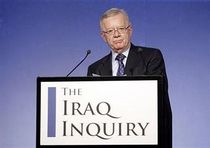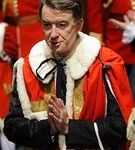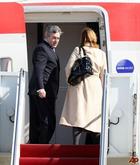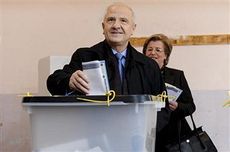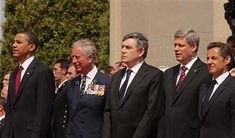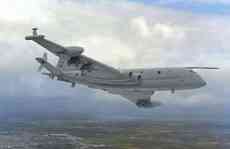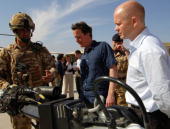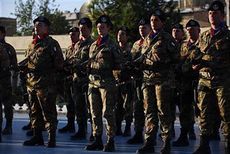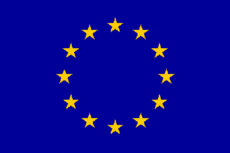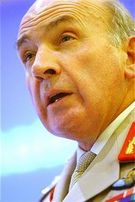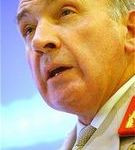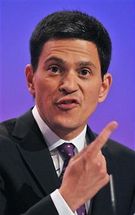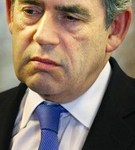Iraq Inquiry Digest
The Chilcot Inquiry is already proving a hundred times more interesting than anyone expected. My only worry is that people already view 2003 as ancient history. There is a tendency to think we already know what we only suspected. I was an agnostic on the intervention. I hoped in would work, but worried that it would be a disaster. I still think it is too early to tell whether it was. What is certainly the case is that most British journalists failed to hold the government to account at the time. Even at the height of excitement about the Hutton Inquiry, much was missed by those being paid to cover


